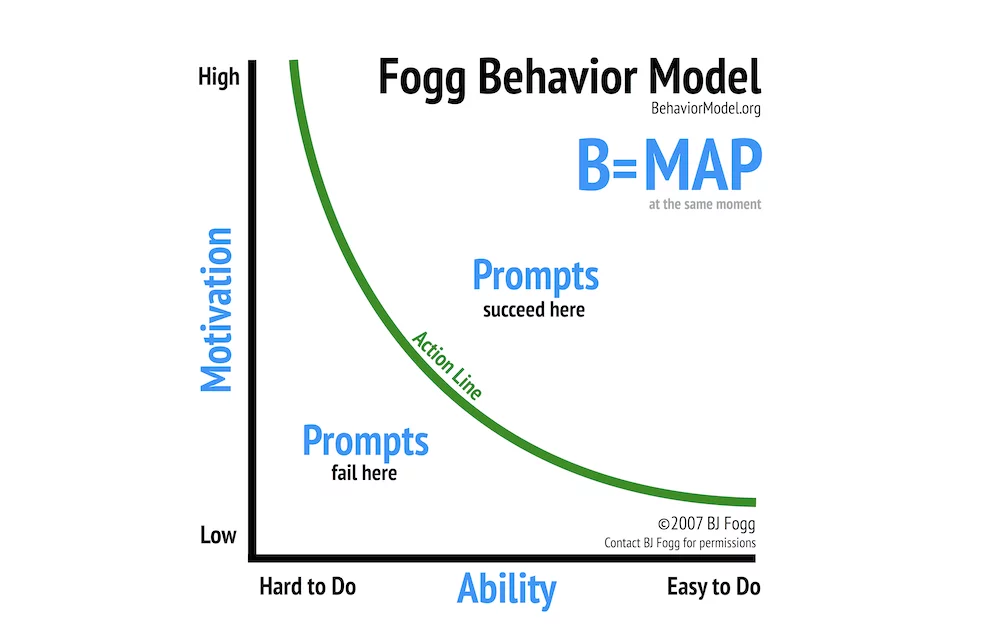Is this real?? Do you have the source?
belit_deg
Cool! Out of curiosity, what was the trigger and/or motivation to make the switch?
Thank you for expanding on this topic, and I get what you're saying about proper UX and how it requires a holistic understanding.
It least that is what is required to climb from "ok, I guess" to "good". But is there something that could get us from "terrible" to "ok, I guess"? What's your take on better, clearer design guidelines for example?
Well, people make good code that is open source, even though it doesn't make them any money. Same with wikipedia articles.
So why are we not seeing more contributions in the form of better UX/UI it the open source world? I don't see a logical reason why that has to be the case. The question is what can we do to change it, and also get UX-designers on board?
I have to daughters, and my personal experience has been overwhelmingly positive.
By that I do NOT mean that it's convenient - it absolutely is not. It's stressful, and all hedonistic pleasures go down the drain for a period of time. But they give my life meaning in a way few other things can.
I'm not familiar with the term FUD, do you refer to this? Do you mean making people aware of the manipulative tactics of big tech, or are you suggesting we use manipulative tactics ourselves? The latter seems totally backwards to me, people deserve honesty
Yeah that makes sense, after all non-tech-savvy people do actually adopt new digital solutions all the time. For example interfaces in cars, smart home solutions, new apps for this and that, moving menus around in Windows, etc. I think familiarity is a key factor here. The Cinnamon desktop seems familiar to windows, but the terminal gives them spooky hackerman-vibes.
Check out this guy and his research if you haven't already. Confirms what you describe, with some rally alarming numbers and data to back it up
Jeg har ingenting å bidra med, men jeg er veldig fan av ideen! Ingen tvil om at det trengs folkeopplysning om dette temaet i Norge. Jeg ønsker meg i hvert fall en slik oversikt.
Særlig når det gjelder apper som er direkte/indirekte finansiert av fellesskapet (f.eks Yr og Entur) burde vi forvente open source, med mindre det er helt spesielle grunner til å la være.
Jeg vet at NAV gjør mye av koden sin offentlig, og en del andre virksomheter også

I'm lost for words.
...what if the whole family is watching? Does everyone have to raise their hands and yell "McDonalds"? Including the kids?
This might just as well be used in "smart" fridges. "Do this corporate dance to get 20% off your next Corn Flakes"